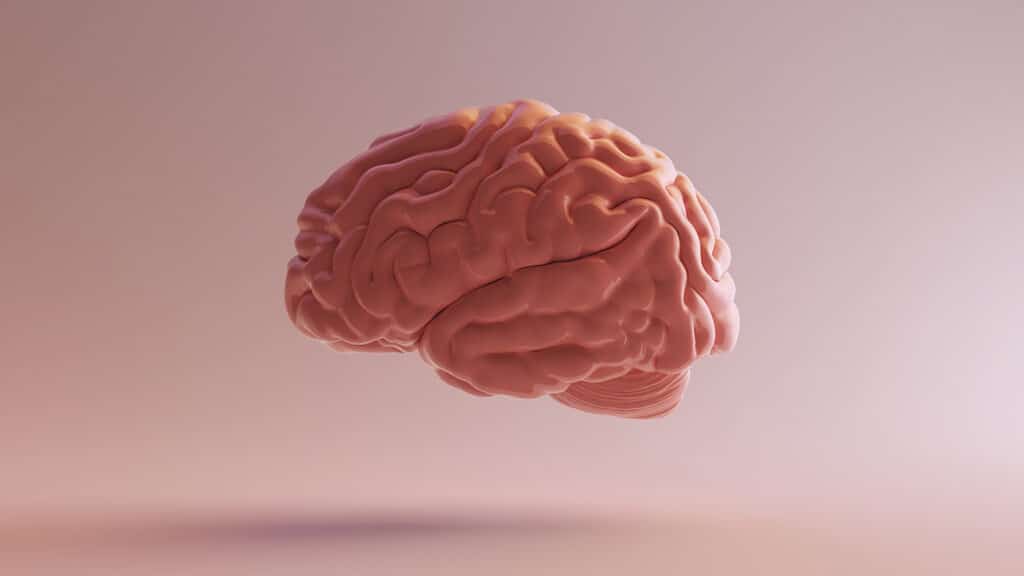Keeping your brain in good condition can be aided by a good diet, and natural supplements can play a role too. In this month’s article I’m taking a look at both aspects of brain support.

There is a growing understanding of the links between diet and brain health, and especially degenerative conditions such as dementia, and other conditions such as depression and anxiety. In particular, a high sugar diet seems to be more and more associated with degenerative brain conditions. With this in mind we all need to keep a close eye on our blood sugar levels, and make sure we don’t fall into the pre-diabetic category, which could increase our risk of brain disorders as we age.
Best brain foods
Did you know up to 70 per cent of our brain is made of fat? Fat is very important for proper brain function, but it needs to be the right kind. We need to get enough omega 3-fatty acids because these are the essential building blocks of our brain and are important for learning and memory.
We should try to eat avocados regularly, as they contain high quantities of monounsaturated fatty acids, as well as seeds and nuts, eggs and coconut oil. Oily Fish is a good source of essential fats, so try and eat mackerel whenever you can this summer! And if you aren’t managing several portions a week, then a good strong Omega 3 Supplement is something I would advise.
The full range of vitamins in fruit and vegetables are essential for our health. For example, eating sufficient amounts of vitamin C-rich foods can protect against age-related mental decline. Vitamin C is a powerful antioxidant that helps fight off the free radicals that can damage brain cells. But a diet rich in fruit and veggies is essential for brain health.
Blueberries contain flavanols, a type of flavonoid, that gives them antioxidant and anti-inflammatory effects that reduce and repair cell damage. Anthocyanins found in red, blue and purple berries can protect brain cells from ageing – a recent study showed that the consumption of blueberries and strawberries is associated with delayed cognitive aging by as much as 2.5 years.
Dark chocolate may also improve the function of your brain. One study of healthy volunteers showed that eating high-flavanol cocoa for five days improved blood flow to the brain. Cocoa may also significantly improve cognitive function in elderly people with mental impairment. Go for organic, high quality chocolate though – dairy milk isn’t beneficial at all!
Caffeine, in moderate doses, has been shown to help brain function. Green tea contains less caffeine than coffee, but enough to produce an effect. It also contains the amino acid l-theanine, which can work synergistically with caffeine to improve brain function. I find Pukka Green teas are the best, they taste great and the ingredients are good quality too.
Turmeric is an antioxidant and anti-inflammatory herb that has positive effects on many body systems including the brain. Curcumin, an extract of turmeric, may be effective in delaying or even reversing many brain diseases and age-related decreases in brain function and can improve memory. A good amount of turmeric to add to your diet is ½ an inch of the fresh organic root or half a teaspoon of the organic powder daily, or the equivalent in a capsule if that’s easier.
Best brain supplements
In Organico we always start by recommending omega 3 for the brain, as so many people find it hard to eat enough oily fish. One that is high in DHA is particularly good. If you are vegan, there are really good high strength Vegan Omega 3 supplements at your local health food shop these days.
Then lecithin, which contains choline, which is a chemical your brain uses to communicate. Clinical research suggests that a diet rich in choline can lead to a sharper memory.
We would also always suggest a good vitamin B complex – vitamins B6, B9 and B12 are often linked with brain health. They can help break down homocysteine, high levels of which have been associated with a greater risk of dementia. B12 is particularly important for brian health in people eating little meat or dairy.
We also recommend magnesium, because it is involved in healthy brain development, memory and learning.
The role of probiotics
There are several probiotics that are good for the brain, recently all the major brands have launched a probiotic supplement for the brain. This is another fascinating area of research. Ted Dinan is an Irish Professor of Psychiatry at University College, Cork – he believes firmly in the connection between the gut and the brain (a partnership called the gut-brain axis). If our microbes get out of balance, say because of food poisoning or antibiotics, they may not be able to do their jobs. That can lead to dysbiosis, leaky gut and inflammation. That, in turn, may be an underlying cause of depression and anxiety. So a good diet full of fermented foods will benefit your gut and in turn your brain.
The supplement that Ted Dinan had a hand in developing, called Zenflore, is aimed at improving the specific gut flora that help with mood balance and could possibly help to prevent depression and anxiety, and it’s available in your local health food shop.
If you need any more information on any of the above, or would like more specific advice on brain health, call in to us in Bantry. We are open 9am – 6pm, Monday – Friday.
www.organico.ie
info@organico.ie
(027) 51391






